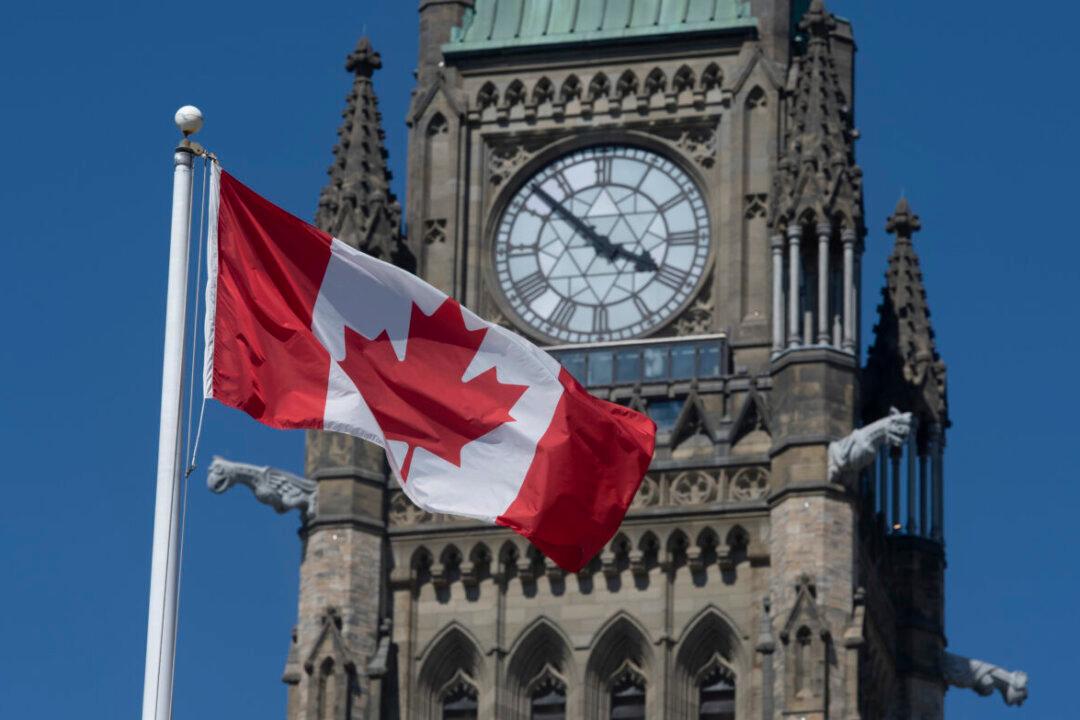Prime Minister Justin Trudeau says Canada “had a better pandemic” than other western countries.
“We had a better pandemic than many of our peer countries, with fewer deaths, with lower levels of economic disruption, with greater social cohesions than many other places,” said Trudeau at a press conference on Feb. 17, as first reported by Blacklock’s Reporter.





